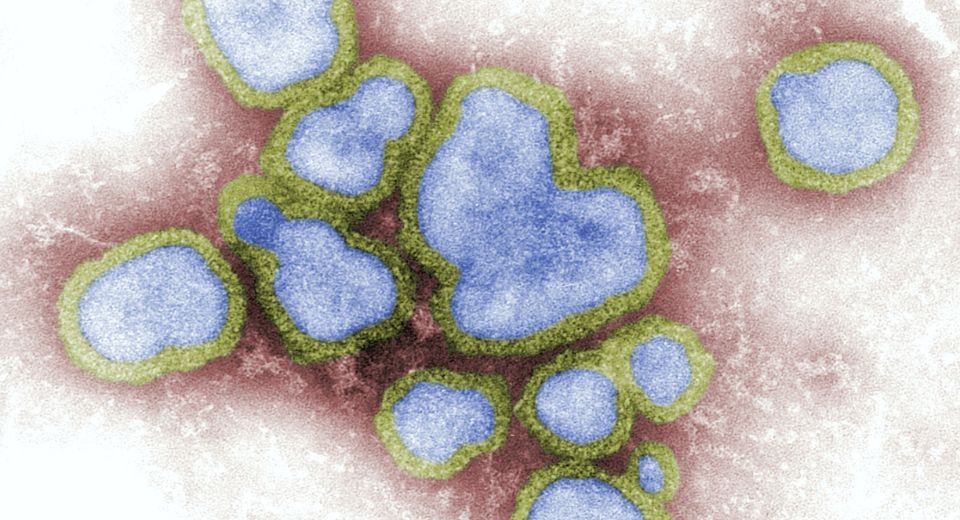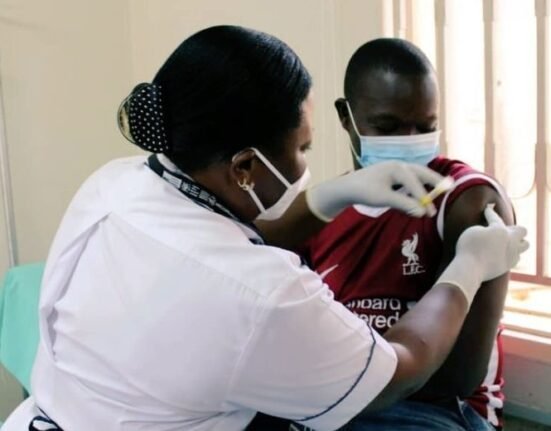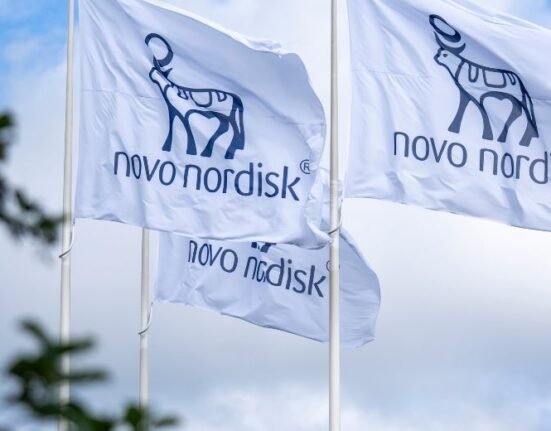HQ Team
April 14, 2023: SAB Biotherapeutics got a fast-track designation from the USFDA for its investigational drug to treat influenza in high-risk and immunocompromised patients.
The US-based company’s SAB-176 received FDA’s fast-track clearance to advance the SAB-176 drug to a phase 2b dose range to test efficacy and safety during trials in patients, according to a SAB statement.
The fast track designation facilitates accelerated development and expedited review of medicines that treat critical illnesses.
It also addresses an unmet medical need, intending to have promising treatments reaching approval and patients as quickly as possible.
The Centers for Disease Control and Prevention estimates an average of nine to 41 million cases of influenza each year in the US, with between 140,000 and 710,000 hospitalizations and 12,000-52,000 deaths annually.
The CDC data showed that over the last 13 years, the annual influenza vaccine’s effectiveness ranged from as low as 19% to up to 60%, at its highest between 2009 and 2021.
Risk of disease
The low level of efficacy of the annual vaccine often means that most people are at risk of contracting the disease.
While Tamiflu is an effective therapy for treating influenza if used within two days of symptom onset, some patients still develop severe disease and resistance to strains of influenza to anti-viral drugs has increased in recent years.
SAB-176 offers the potential for additional treatment for influenza, particularly in higher-risk patients older than 65 years and immunocompromised due to a disease or medications such as autoimmune disorders or cancer.
It can treat patients with respiratory, cardiovascular, kidney, metabolic, and neurological disorders. The experimental drug can neutralize type A and type B influenza viruses, which mutate rapidly.
SAB’s proprietary DiversitAb platform can address the emergence of modern health challenges, including seasonal and pandemic influenza, COVID-19, and autoimmune disorders, such as type 1 diabetes and cancers.
The platform enables rapid, scalable production of highly potent, fully-human antibodies without human donors.
‘Biggest public health concern’
“Influenza continues to be one of the biggest public health challenges the world faces on a continuing basis, with an excessively high number of hospitalizations and deaths each year,” said Eddie Sullivan, PhD, co-founder, President & CEO of SAB Biotherapeutics.
SAB-176 had undergone multiple clinical and pre-clinical studies, including a Phase 1 trial in healthy volunteers and a Phase 2a challenge study completed last year.
The data indicate that SAB-176 offers broad antibody protection against multiple strains of this rapidly mutating virus.
In the Phase 2a study, SAB-176 showed broad cross-protection that included strains that were not specifically targeted in manufacturing the therapeutic, according to the statement.
FDA has also agreed to provide guidance and regulatory alignment on advancing SAB-176 into the next development phase, including a Phase 2b trial study design.
The study will evaluate the safety and efficacy of SAB-176 in high-risk patients with type A or type B influenza, including those with anti-viral treatment-resistant strains.
Plasma pooling strategy
In addition, the FDA aligned with SAB’s manufacturing approach, which includes a plasma pooling strategy allowing hyperimmunization to address multiple strains of influenza annually.
“This paves the way for SAB to address strain changes, similar to how seasonal influenza vaccines are developed.”
SAB-176 can potentially be a game-changer in fighting influenza, said Alexandra Kropotova, MD, Chief Medical Officer of SAB Biotherapeutics.
“Its multi-pronged mechanism of action, long half-life, and low risk of emergence of resistant strains could make it a superior therapeutic to achieve and sustain efficacy against this ever-evolving virus,” she said.
“We see this Fast Track designation as a testament to the promise of our innovative DiversitAb platform, which is equipped to rapidly respond to mutating infectious diseases like influenza.”
Virus ‘drifts’
About half of the population does not get the flu vaccine, with 54.7% of the adult population during 2018-2019 not getting a flu vaccine.
The current vaccine manufacturing process can take five to seven months, from when the WHO chooses the influenza viruses to be included in the annual vaccine to when the vaccine is developed and administered to patients.
For a virus constantly undergoing genetic mutation, this time lag in vaccine development can lead to “drifts” or small alterations of the influenza virus’s surface proteins.
The drifts make it more difficult to match influenza vaccines to the prevailing seasonal strain circulating months later.
.








